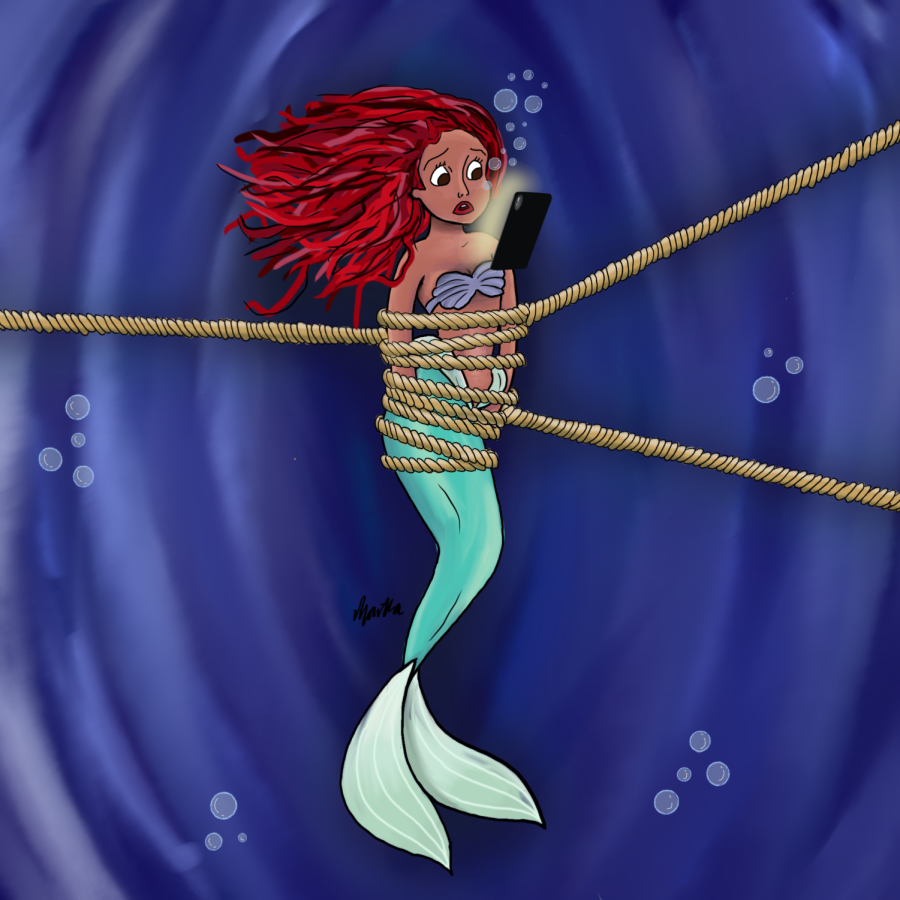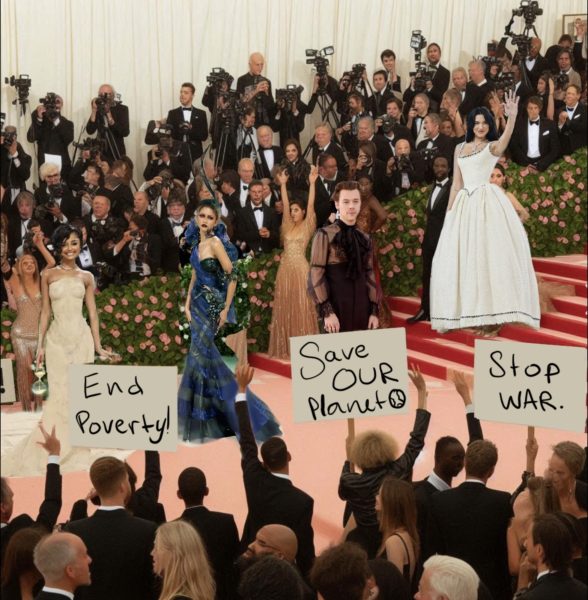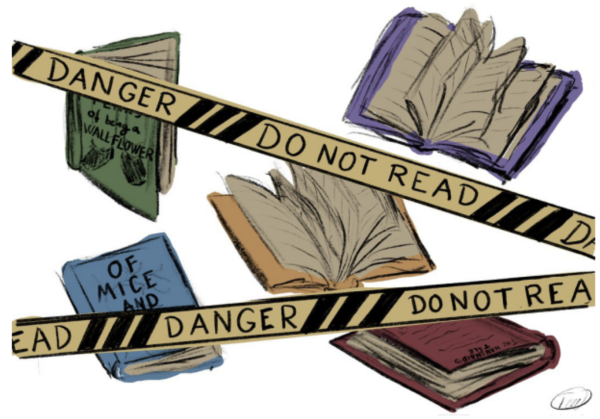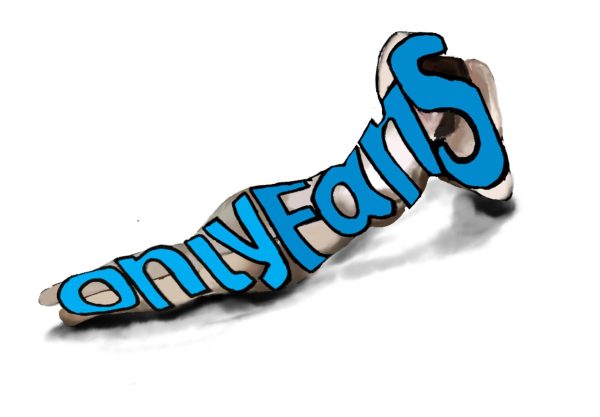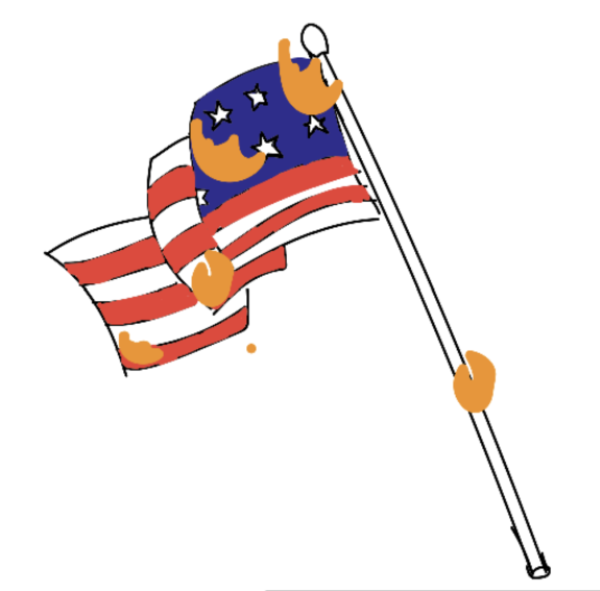Racism: A Tail as Old as Time
Many great live-action movies and series are currently in the making and the public has been updated of their process along the way. Casting news have been released; news that is exciting, but they don’t always get the appropriate response.
Not that long ago, Disney announced that a live-action The Little Mermaid will soon be released. The role of Ariel will be played by Halle Bailey, a casting choice that caused a lot of controversy. On one hand, you can find those videos online where young girls are smiling at seeing the first clips of Halle Bailey as Ariel, overjoyed at finally seeing some diversity in well known movies like The Little Mermaid and having a character of their race that they can look up to. Regardless, a much more dominating side of the public’s response is a lot less wholesome. Various people are outraged at this casting, upset that a black actress was cast for an ‘originally white role’. Apparently, by making Ariel black, the movie won’t stay true to its origins. Nonetheless, Ariel is a mermaid, a fictional character, whose race has nothing to do with the plot of the movie. Her appearance makes no difference. The bright red hair in the original Disney film is seen as an iconic physical trait of Ariel that some people complain will be lost in this new adaptation, yet in the original fairy tale, her hair colour is never specified. The backlash that the live-action film’s casting received is clearly rooted in racism, however, many people try to deny it.
Another Disney live-action adaptation that has been recently announced is Pinocchio. This adaptation also had a casting choice that faced some backlash, the casting of Cynthia Erivo as the blue fairy. Once again a role for which the character’s race doesn’t relate to the plot, yet there are racist people enraged at the fact that the actress doesn’t ‘look like’ the original character.
A similar incident occurred with the casting of the Percy Jackson live-action series. One of the central characters of the Percy Jackson series is Annabeth Chase, who, in the books, is represented as a white girl with blond hair and grey eyes. However, for the TV series, Leah Jeffries, a black actress, was cast. As you can imagine, this caused a huge amount of backlash and a number of racist comments on a wide scale. The twelve-year-old girl’s TikTok account was banned three times due to multiple people reporting it for no reason other than that they were unhappy with the casting choice. Posts on social media announcing the casting were also met with comments, along the lines of “I’m not racist but…”. It got to the point where Rick Riordan himself, the author of the series, posted a blog addressing all these racist comments.
These people argue that by casting a black girl for this originally white role, parts of Annabeth’s identity and story are lost. They argue that they just want a book-accurate cast, especially after the disaster that the movie adaptation was. However, in reality, the movie adaptation’s main problem wasn’t that Alexandra Daddario’s hair colour didn’t match the original blond curly hair, but that the plot barely resembled what happens in the books. Moreover, there is nothing in Annabeth’s character development that relies on her having blond hair. And to make such a dilemma out of this casting choice, which was approved by the author himself, shows that there most definitely is some racism in the undertone of these comments as it really isn’t at all difficult to accept this casting.
This issue of receiving backlash from casting people of colour in roles that were white in different adaptations has happened for multiple castings; backlash that is ridiculous and should have no place in the modern world. Even if people are unhappy with certain casting choices, they have no right to attack the actors through horrible comments on social media. There really isn’t any reason that a person of colour shouldn’t be cast for an originally white role if the character’s race and heritage are not relevant to the plot, it can only improve diversity in the film industry. Diversity is important and we should strive for it.
Hey, I’m Petra, a Year 12 student. I enjoy writing articles for the High about any topics that interest me. I really love reading fantasy books, or just...


